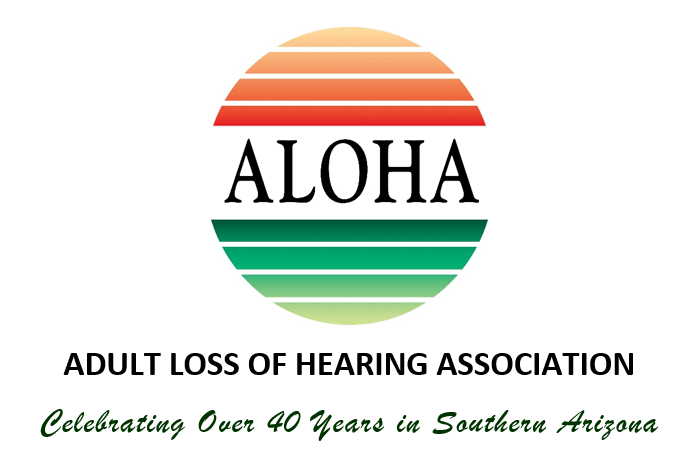Hearing Aid Info
Important Questions to Ask when Considering Digital Hearing Instruments
1. How many channels does it have? How many do I need?
2. What type of Automatic Signal Processing compression does it use and what type would suit my current lifestyle? To learn more about Signal Processing, please visit https://signalprocessingsociety.org/our-story/signal-processing-101
3. Does it offer directional microphones for hearing in noise?
Visit https://www.ncbi.nlm.nih.gov/pmc/articles/PMC4168924/ to learn about benefits of directional microphones.
4. Does it have wireless capability? Do my listening situations indicate I would benefit from hearing aids with wireless compatibility? This particular topic is extremely important. Many hearing aids require use of the manufacturers’ compatible products and can increase the overall cost of wearing a hearing aid increase exponentially.
5. How many memories does it have? How many various listening situations do I encounter?
6. Does it come with Bluetooth or Tele-Coil? Do I need these wireless features? Depending on your lifestyle, these features could be extremely important to you should you like to have or keep an active lifestyle. Read more about hearing loops at https://www.hearingloss.org/hearing-help/technology/hat/hearing-loop-technology/?gclid=Cj0KCQiAno_uBRC1ARIsAB496IXu4Xc-zxgjBePt_UwbfWVt8yBb2LXyJOEsCpVrkOEYwPRw3_S99r8aArtxEALw_wcB
Fully digital hearing aids process sound mathematically. In place of electronic components, digital hearing aids contain hundreds of tiny electrical parts which are micro-manufactured into a single silicon chip. The computer programmed chip applies continuous digital processing to incoming sound. These questions should help you and your hearing professional when making the important decision about what type of hearing aid is best for your and your lifestyle.
User Benefits for Digital Hearing Aids
- Availability of Automatic Signal Processing circuits which are not available with non-programmable instruments.
- Multiple circuit options within a single instrument which achieve different sound qualities.
- Automatically achieves more volume for the soft, high frequency sounds and less volume for the more intense, low frequency sounds.
- Capable of retaining the patients complete audiometric file and preferred listening program for various environments.
- Ability to re-adjust your prescription should your hearing loss change.

